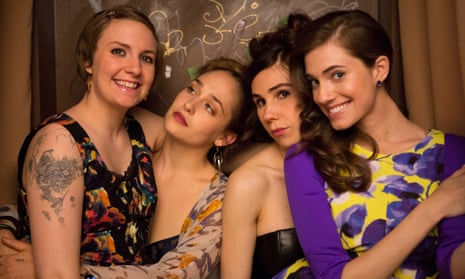We may have suspected it already, but now the science backs it up: unmarried and childless women are the happiest subgroup in the population. And they are more likely to live longer than their married and child-rearing peers, according to a leading expert in happiness.
Speaking at the Hay festival on Saturday, Paul Dolan, a professor of behavioural science at the London School of Economics, said the latest evidence showed that the traditional markers used to measure success did not correlate with happiness – particularly marriage and raising children.
“We do have some good longitudinal data following the same people over time, but I am going to do a massive disservice to that science and just say: if you’re a man, you should probably get married; if you’re a woman, don’t bother.”
Men benefited from marriage because they “calmed down”, he said. “You take less risks, you earn more money at work, and you live a little longer. She, on the other hand, has to put up with that, and dies sooner than if she never married. The healthiest and happiest population subgroup are women who never married or had children,” he said.
Dolan’s latest book, Happy Ever After, cites evidence from the American Time Use Survey (ATUS), which compared levels of pleasure and misery in unmarried, married, divorced, separated and widowed individuals.
Other studies have measured some financial and health benefits in being married for both men and women on average, which Dolan said could be attributed to higher incomes and emotional support, allowing married people to take risks and seek medical help.
However, Dolan said men showed more health benefits from tying the knot, as they took fewer risks. Women’s health was mostly unaffected by marriage, with middle-aged married women even being at higher risk of physical and mental conditions than their single counterparts.
Despite the benefits of a single, childless lifestyle for women, Dolan said that the existing narrative that marriage and children were signs of success meant that the stigma could lead some single women to feel unhappy.
“You see a single woman of 40, who has never had children – ‘Bless, that’s a shame, isn’t it? Maybe one day you’ll meet the right guy and that’ll change.’ No, maybe she’ll meet the wrong guy and that’ll change. Maybe she’ll meet a guy who makes her less happy and healthy, and die sooner.”










